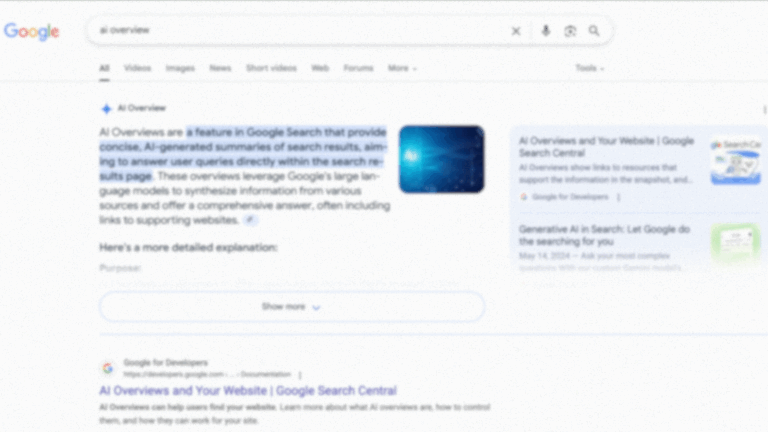Struggling to gain traction in your competitive niche market? You’re not alone. Niche websites often face an uphill battle when it comes to search engine visibility. But there’s a powerful tool at your disposal that can significantly improve your website’s ranking and user experience: structured data markup.
What is Structured Data Markup and How Does it Benefit Your Niche Website?
Structured data markup functions like a translator for search engines. It takes the valuable information on your website – products, articles, events, recipes, reviews, and more – and organizes it into a format that search engines can easily understand. This not only clarifies your content but unlocks the potential for rich snippets in search results. Rich snippets can include:
- Star ratings for product reviews and local businesses
- Detailed descriptions for recipes, including cooking times, ingredients, and calorie information
- Event dates and locations for concerts, workshops, and local gatherings
- Author information for blog posts and articles
- Product availability and pricing information
By implementing structured data markup, you provide search engines with a richer understanding of your content,allowing them to display more informative and engaging search results. This translates to several key benefits for your niche website:
- Enhanced Visibility: Rich snippets act as prominent billboards on SERPs (Search Engine Results Pages),grabbing user attention and increasing click-through rates (CTRs). They can give your niche website a significant edge over competitors with less informative listings.
- Improved Search Ranking: Search engines reward websites that provide clear, structured information.Structured data markup can give your niche website a ranking boost, pushing you closer to the top spot for niche-related searches. This can lead to a significant increase in organic traffic.
- Targeted Audience: By precisely defining your content with structured data, you attract users specifically interested in your niche. Imagine a user searching for “handmade, ethically sourced jewelry.” With structured data markup, your website showcasing unique, handcrafted pieces made with sustainable materials can appear in search results with a rich snippet highlighting those details. This SEO tactic attracts highly qualified traffic, users who are more likely to convert into customers or loyal readers.
Tailoring Structured Data to Your Niche
The beauty of structured data lies in its versatility. Schema.org, the authority on structured data formats, offers a vast library of schemas applicable to various niche domains. Here’s how to find the perfect fit for yours:
- Identify Your Niche: This might seem obvious, but understanding your niche is crucial. Are you a resource for handcrafted bicycle enthusiasts with repair tutorials and vintage component reviews? A blog dedicated to mastering the art of Astrophotography? The tighter you can define your niche, the better.
- Explore Schema Types: Schema.org offers a comprehensive catalog of schemas, including specific options for various content types. Explore their extensive catalog to find relevant schemas. For example, a handcrafted bicycle website might utilize the “Product” schema with sub-properties for “brand,” “model,” and “material composition,” while an Astrophotography blog could leverage the “Article” schema along with the “ImageObject” schema to highlight high-resolution astrophotography images.
- Get Specific: Don’t settle for generic schemas. Dive deeper and find subcategories that precisely represent your niche content. Schema.org offers a granular level of detail, allowing you to truly represent the unique value you offer.
Implementation Made Easy
Integrating structured data is easier than you might think! Several user-friendly options are available:
- Schema Markup Generators: Online tools like Google’s Structured Data Markup Helper walk you through the process step-by-step, generating the code you need to implement on your website. No coding knowledge required!
- WordPress Plugins: If you use WordPress, there are reputable plugins specifically designed to simplify structured data implementation. Just find a plugin with a good track record, follow the instructions, and you’re good to go.
- Manual Markup: For developers comfortable with code, schema.org provides detailed instructions for manual markup. This allows for maximum control over the implementation process.
Tip: Always validate your structured data using Google’s Search Console to ensure search engines can flawlessly interpret your website’s content and display those valuable rich snippets.
Structured Data: A Strategic Investment for Niche Websites
Structured data markup isn’t just a technical SEO tactic; it’s a strategic investment in your niche website’s success. By implementing structured data, you empower search engines to understand your content, enhance user experience, and ultimately attract a more targeted audience. This translates to higher search rankings, increased website traffic, and a stronger online presence within your niche market. So, take control of your niche and leverage the power of structured data markup today!




